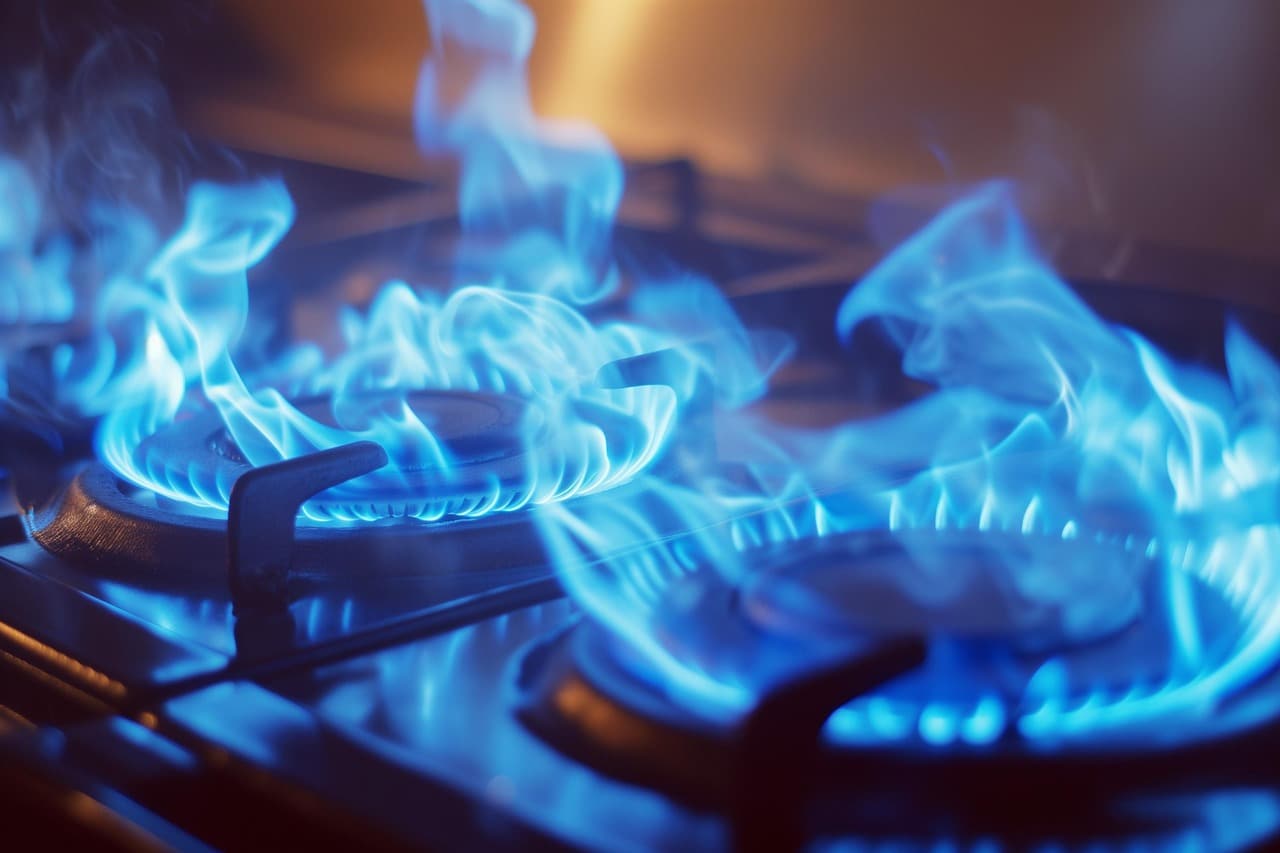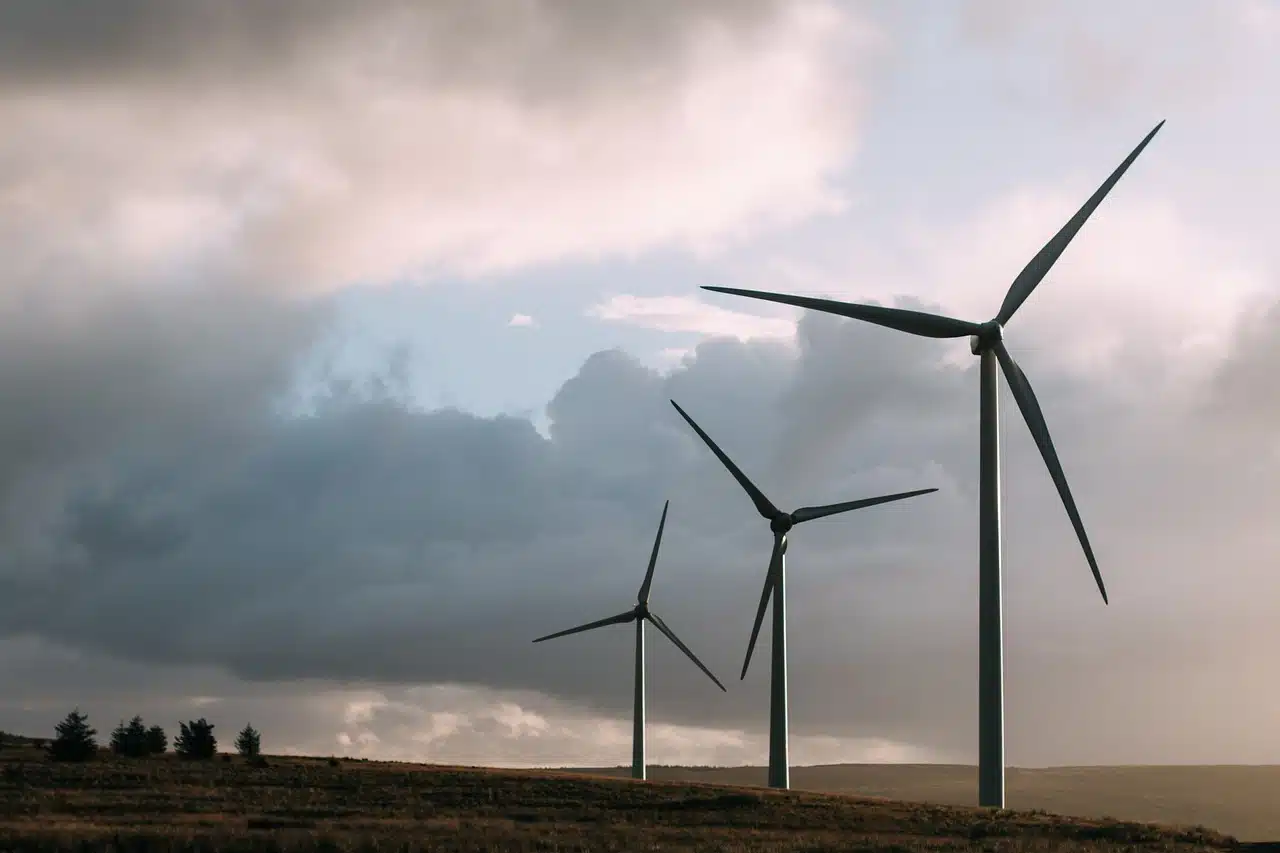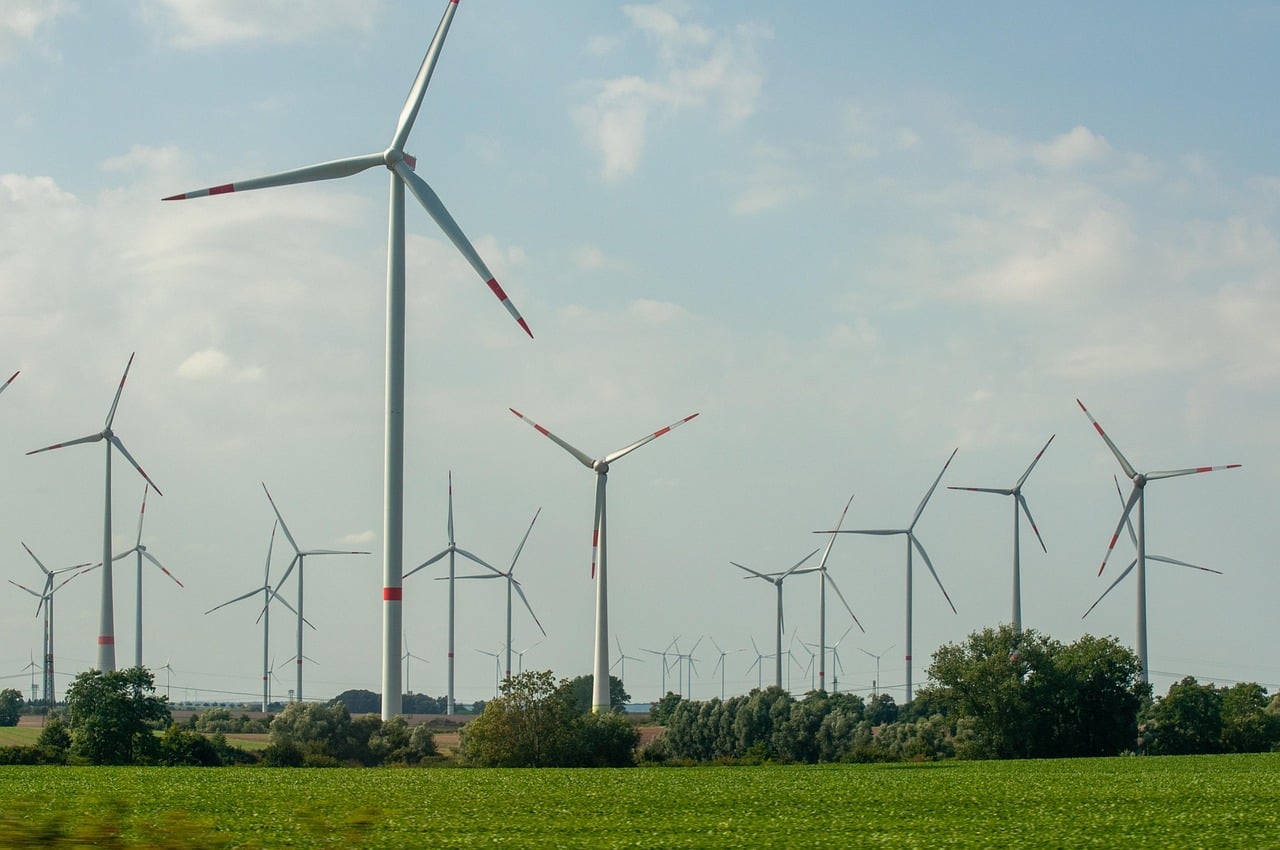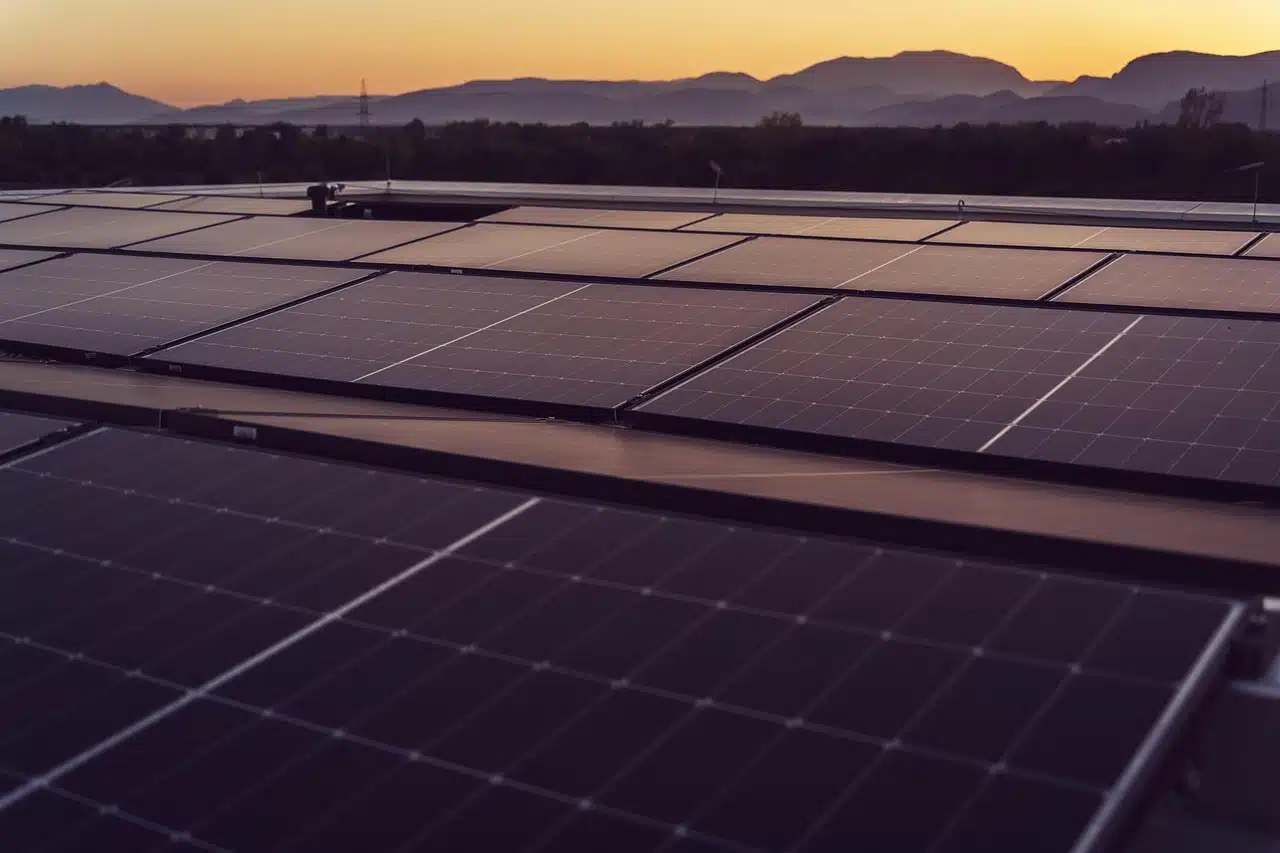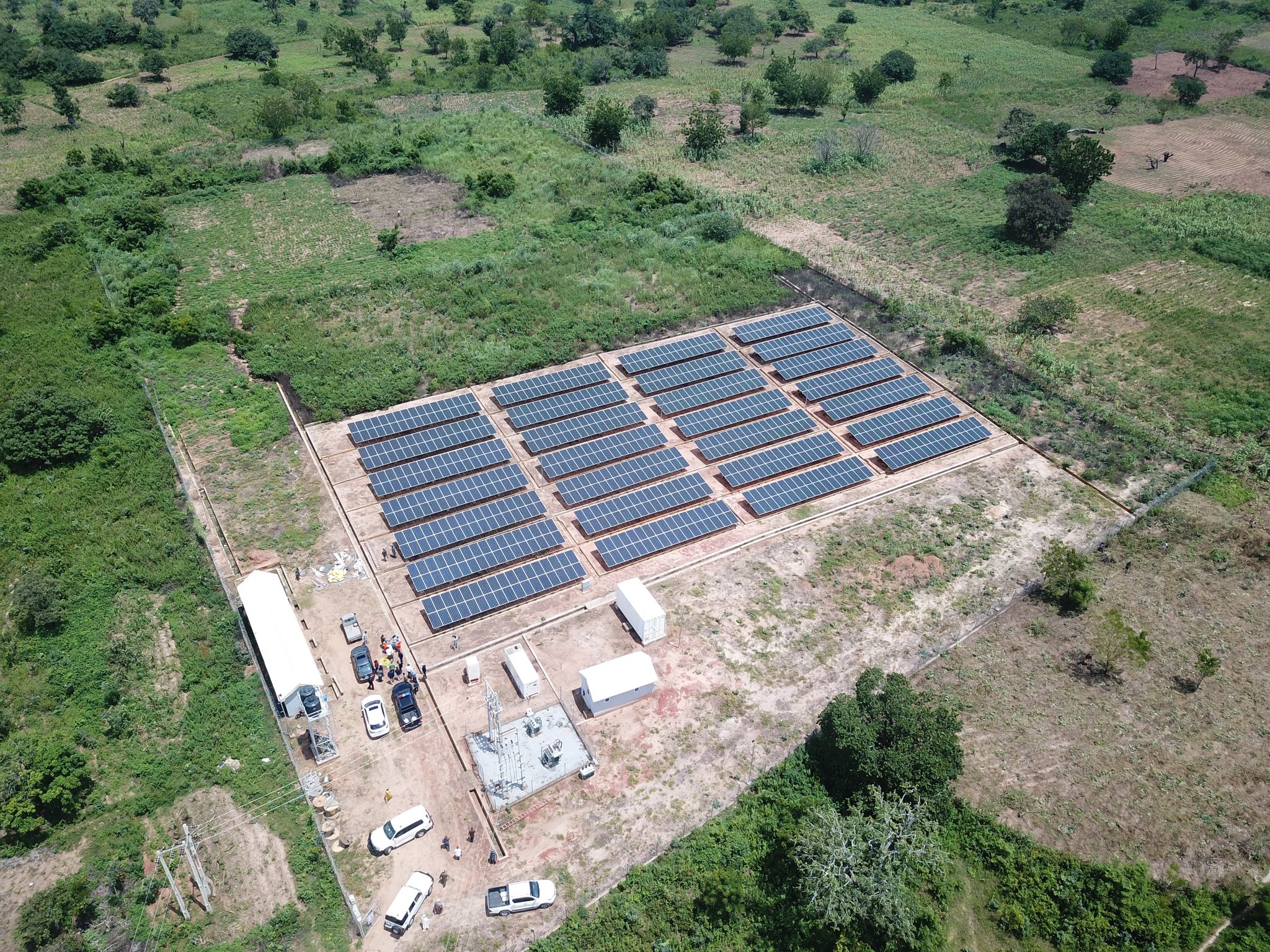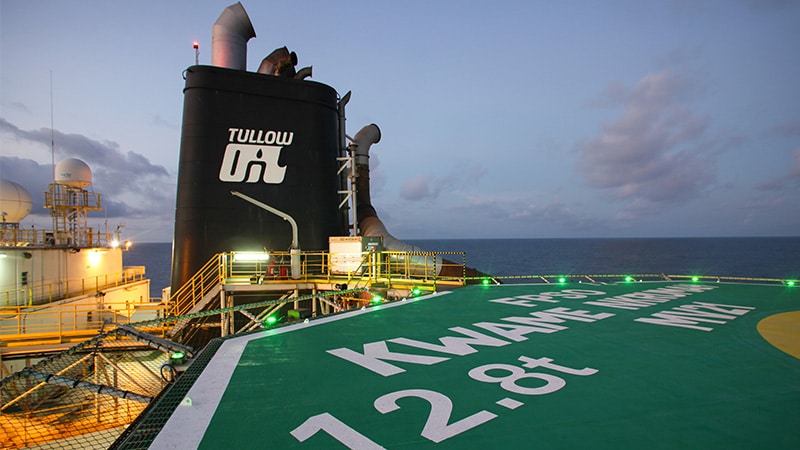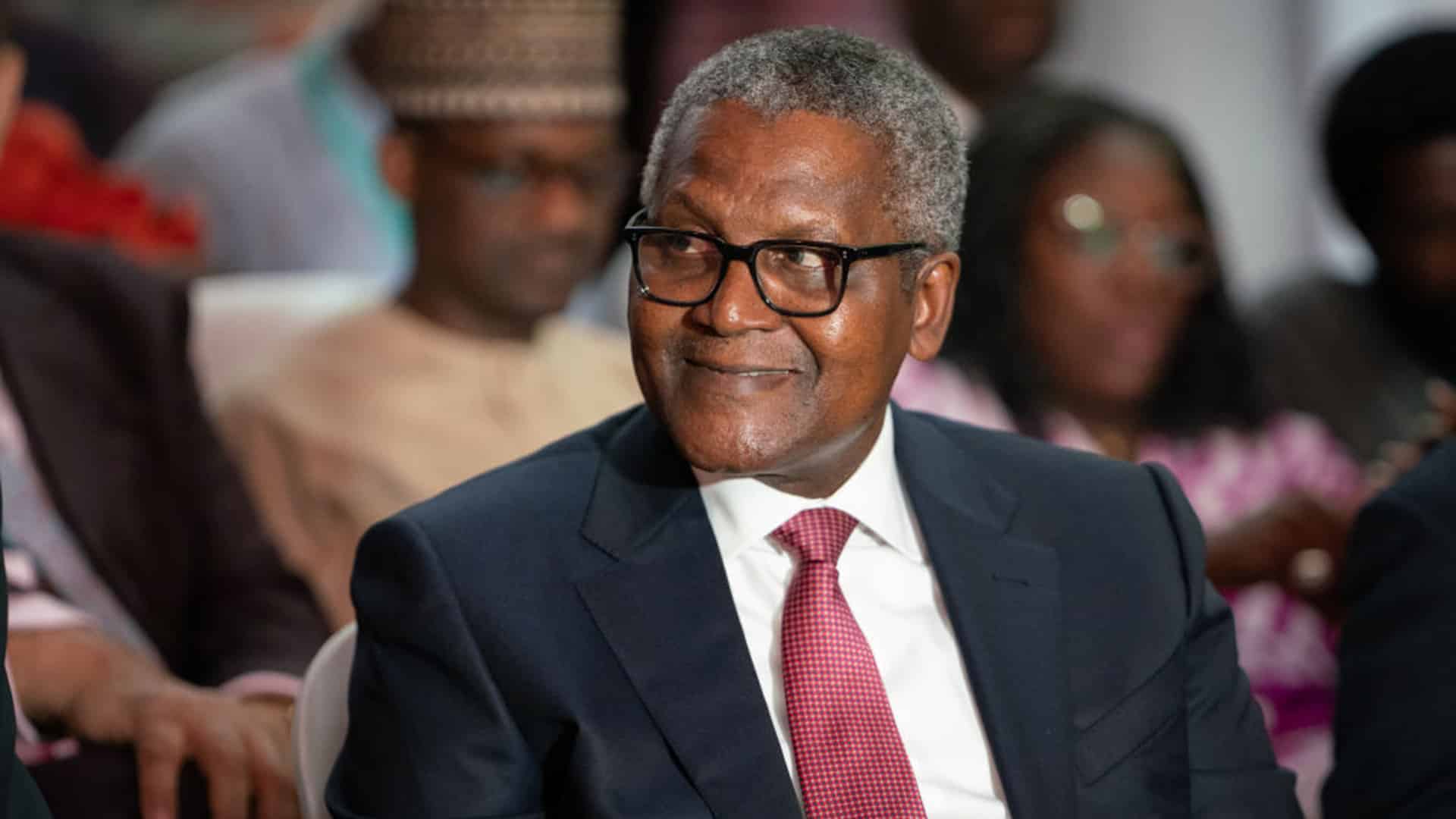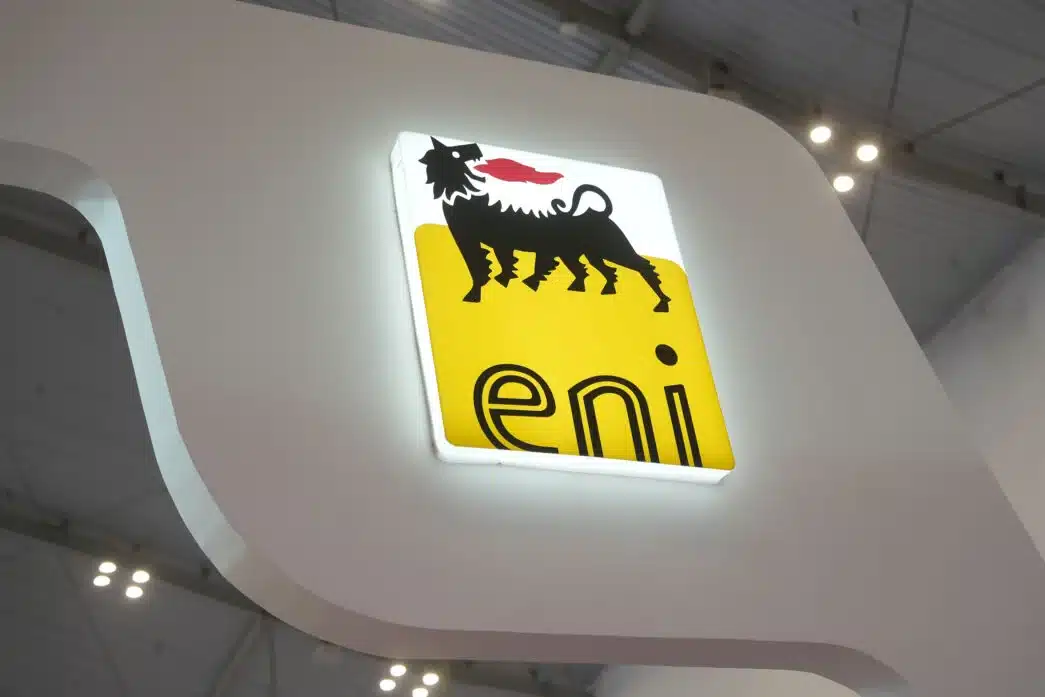East African nation, Tanzania, is seeking $1.8 billion in funding to support its transition to clean cooking, aiming for 80% access by 2034.
This was discussed majorly at the three-day Tanzania Clean Cooking Strategy Retreat in London last week.
The retreat, co-hosted by the government of Tanzania, the African Climate and Energy Nexus (AfCEN), and the Children’s Investment Fund Foundation (CIFF), among others, such as government leaders, financiers, and energy experts, was present.
The country is currently combating climate change and reducing reliance on traditional fuels like firewood and charcoal, which 90% of Tanzanians currently use.
To provide a solution, President Samia Suluhu Hassan launched the National Clean Cooking Energy Programme in May 2024.
“The government needs to establish a specialised fund to facilitate the mobilisation of funds for accessing clean cooking energy, she said.
She earlier mandated that institutions serving over 100 people cease using firewood and charcoal within three months of the launch.
In addition, in the country’s bid to enhance access to clean cooking fuels and mitigate environmental degradation, it committed $1.7 million to establish a clean energy factory in the Geita Region of the country.
Funding breakdown
The $1.8 billion (approximately TZS4 trillion), allocates $1.6 billion to awareness, infrastructure, technology, distribution, and capacity building, with the remainder addressing cross-cutting issues.
Energy Engineer at the Ministry of Energy, Anita Otto Ringia, revealed that 94% of funds will support infrastructure like liquefied petroleum gas (LPG) terminals, biogas plants, briquette production, and improved cookstove workshops.
AfCEN CEO, Joseph Ng’ang’a, stressed the need for private investment in bankable projects, supplemented by concessional finance and carbon markets.
Progress amid persistent challenges
The country’s clean cooking access has risen from 6.9 percent in 2021 to 20.3% today, driven by LPG, which accounts for 70% of clean sources and grows at 15% annually, according to Amos Jackson, Executive Director of the Tanzania LPG Association.
The Rural Energy Agency also reported reaching over 300,000 households via subsidies up to 75%, with plans for 60,000 more e-cooking adopters.
However, affordability barriers persist.
Irene Gowelle, Director at Tanesco, pilots on-bill financing for e-cooking appliances to address this.
On his part, Zeph Kivungi, Africa Director for Climate, warned that traditional cooking ranks as the second leading cause of child mortality under five, urging swift action.

